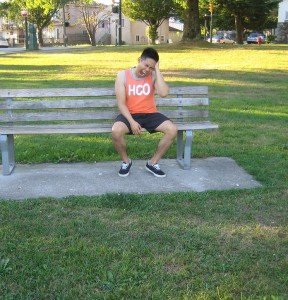Popping ears among children is not uncommon and can be caused by various factors. One of the usual reasons why a child has popping ears is a middle ear infection. It is important to note that there are various measures that the doctor can carry out to relieve popping ears. There are also symptoms linked with this infection that you should be familiar with.
Close look on middle ear infections
A middle ear infection is considered one of the common conditions next to common cold that occur among children below 3 years old. One symptom of this infection is ear popping. The popping ears occur in the Eustachian tube or small-sized passage between the middle ear and the throat.
Once excess fluid accumulates within the middle ear, the child can experience popping ears. This fluid builds up and triggers the development of infection inside the ear. The child can also complain of a full sensation in the ear or issues with hearing along with the popping sensation.

How long popping ears last
In most cases, the popping ears will subside together with the infection in about 1-2 weeks. If the child still experiences the popping sounds after a couple of weeks, it is best to schedule an appointment with a doctor. In such cases, further assessment or treatment is required. Avoid placing anything into the ear of the child in an attempt to relieve the popping sound unless instructed by the doctor. Remember that using anything to loosen the fluid might only worsen the problem.
Treatment
Most cases of middle ear infections do not require treatment since they usually clear up on their own. On the other hand, some cases of bacterial infections might need treatment that involves antibiotics. Once antibiotics are started, the fluid, pain and popping sound should subside within 7-10 days.
In some cases, the popping ears and other issues linked with a middle ear infection might require the placement of a small-sized tube that helps drain the fluid from the middle ear and out the Eustachian tube efficiently.
Possible side effects
In case a middle ear infection is not treated, some side effects can manifest. The popping ears can worsen due to the uneven level of air pressure within the ear and accumulation of fluid. This can result to hearing issues and the ear drum might rupture. Take note that all of these side effects can be prevented with early diagnosis and proper treatment.
Considerations to bear in mind
In case the popping ears are accompanied by fever higher than 100 degrees F, discharge from the ear or severe pain, it is best to seek medical care right away. In some cases, the child might have difficulty sleeping, eating or finds it hard to balance along with the ear popping. All of these are indications that medical care is required for a possible middle ear infection.
